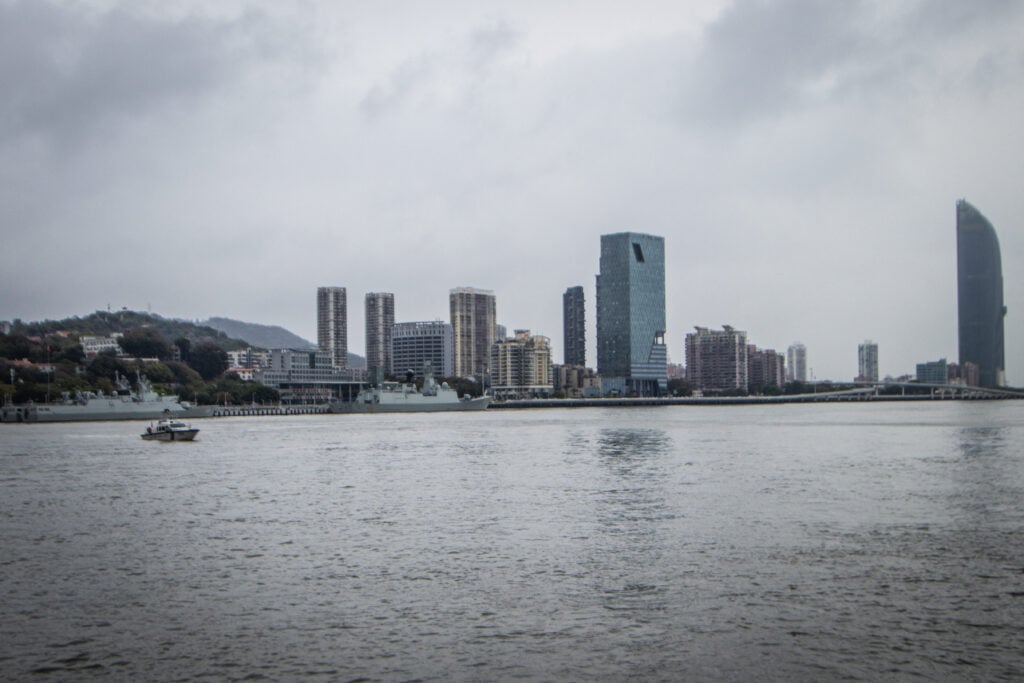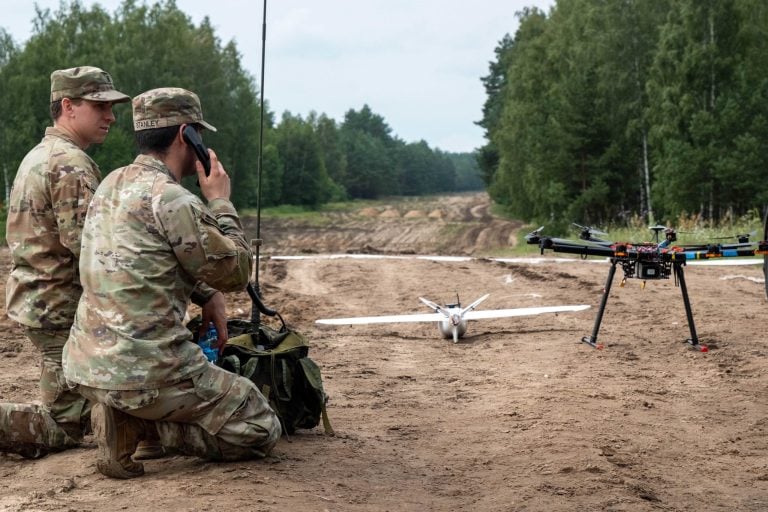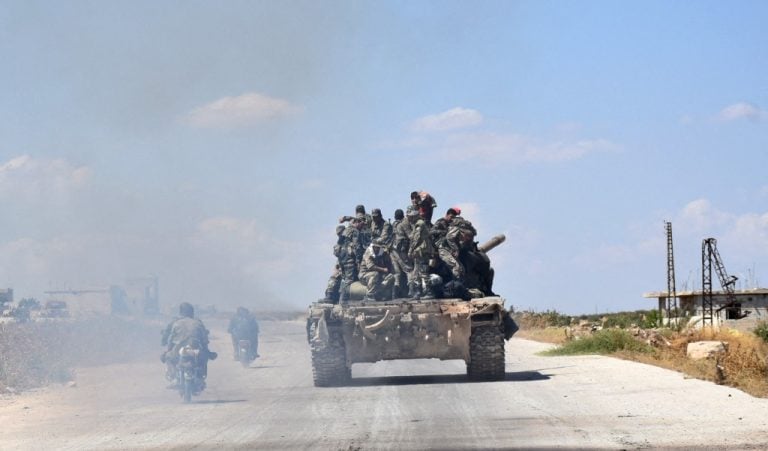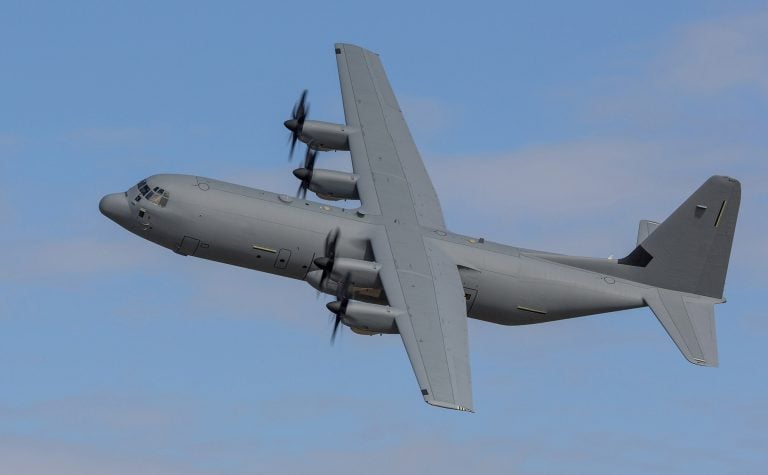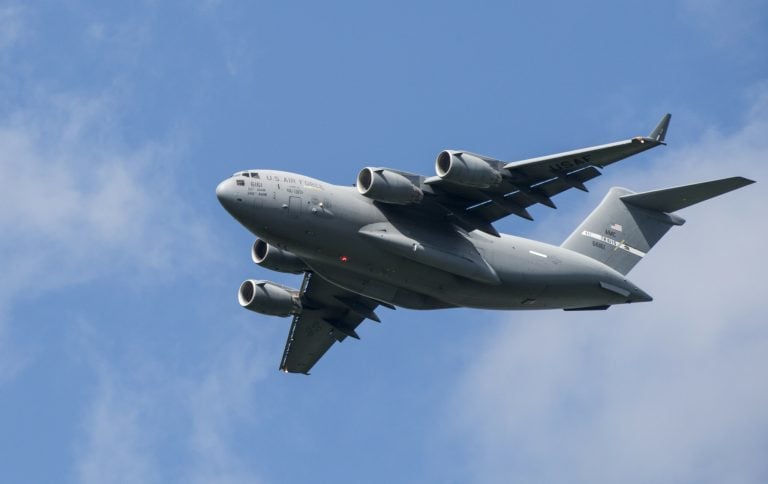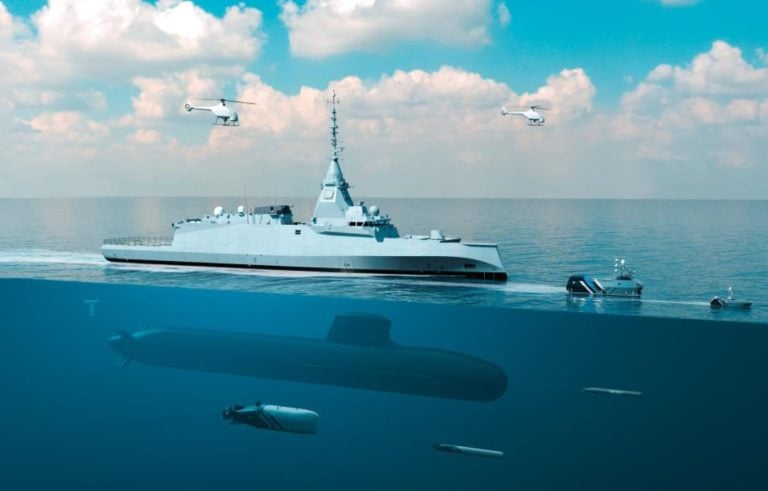Taiwan’s coast guard is underscoring an urgent need for enhanced surveillance technology, particularly infrared thermal imaging, after detaining two Chinese nationals who reached the island undetected. The father and son duo arrived on a beach near Taipei last Friday, just days ahead of Taiwanese President Lai Ching-te’s first anniversary in office.
According to the coast guard, the pair traveled from Fujian province via a motorized inflatable boat. The coast guard spokesperson, Hsieh Ching-chin, emphasized the challenges in detecting such small crafts. “Such boats are not easily detected by radar, and the personnel responsible for coastal patrol were patrolling other areas at the time,” he explained to reporters.
The incident highlights a growing concern, as there have been five documented cases of illegal entries into Taiwan involving 38 individuals from both China and Vietnam since the start of the year. Hsieh articulated the need for improved patrol capabilities, revealing hopes to secure funding for advanced technologies, including drones and artificial intelligence-based warning systems. He noted that these enhancements are critical for effectively countering what he termed “China’s increasingly severe grey-zone harassment.”
Currently, infrared thermal imagers have been deployed in places like Kinmen, an outlying archipelago managed by Taiwan, where unauthorized landings have previously occurred. However, achieving a comprehensive coastal surveillance system that allows for undetected areas would require significant financial investment, according to Hsieh.
Relations between Taiwan and China remain fraught, with Beijing asserting claims over Taiwan as part of its territory and not ruling out the use of force if necessary. In this tense context, Taiwan accuses China of employing “grey-zone” tactics—actions that do not escalate to direct confrontation but seek to undermine Taiwan’s defenses.
Hsieh observed a noticeable increase in illegal entries by Chinese nationals, suggesting a potential strategy of “cognitive warfare” by Beijing. He expressed concern that such tactics might be used to disrupt public morale as President Lai approaches the significant milestone of his inauguration anniversary. This backdrop follows large-scale military drills conducted by China around Taiwan since Lai’s assumption of office last year, further heightening tensions in the region.
